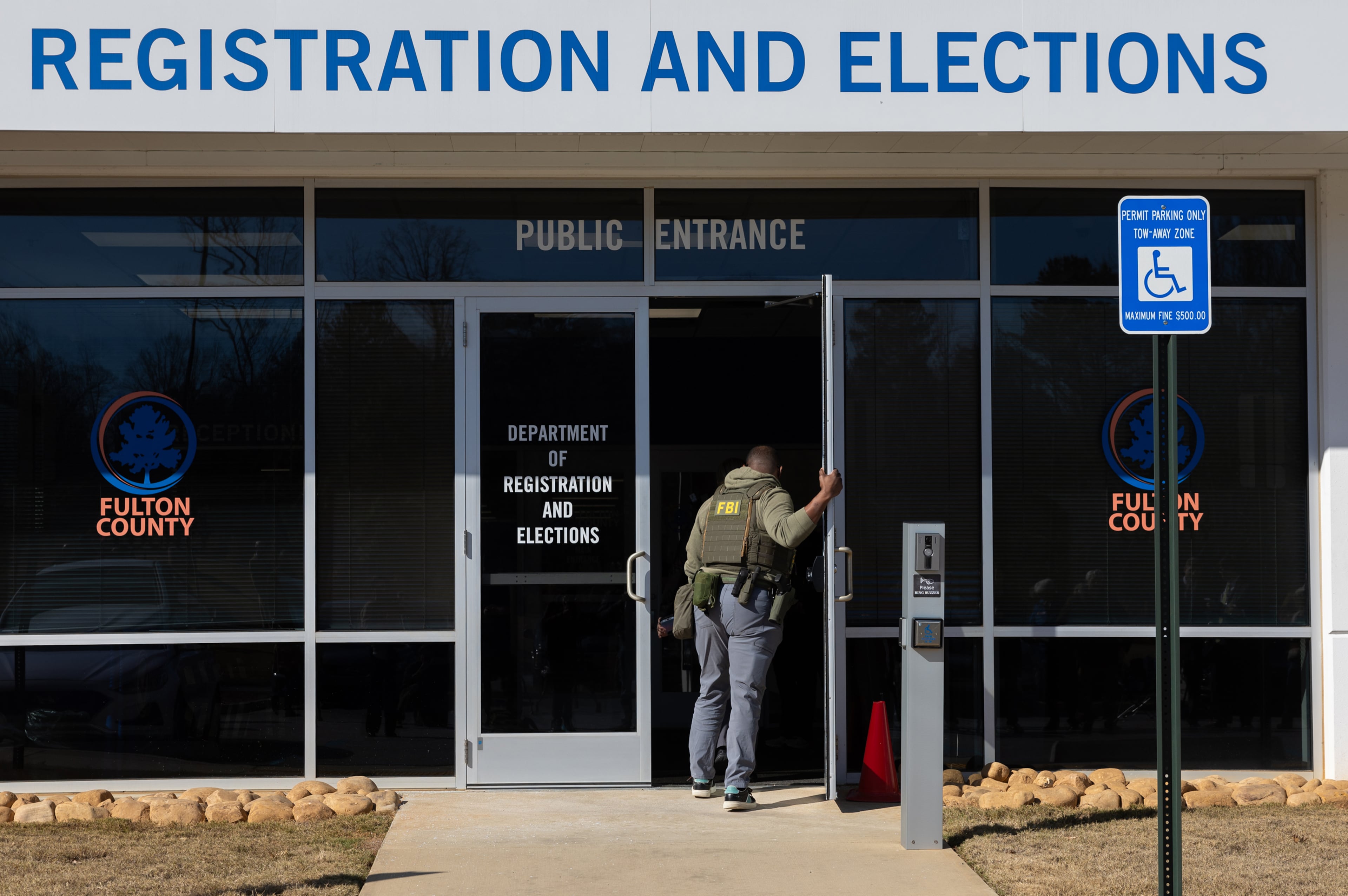Book looks at regional cooking before there was fast or frozen food
In works such as "Salt" and "Cod," best-selling author Mark Kurlansky powerfully demonstrates the defining role food plays in history and culture. Recently, Kurlansky uncovered previously unpublished depression-era manuscripts from the Federal Writers Project, "America Eats," and edited them into a fascinating new book, "The Food of A Younger Land."
With contributions from literary greats like Zora Neale Hurston and Eudora Welty, the essays paint a vivid portrait of regional American cooking in the 1940s, a time, as the cover proclaims, before chain restaurants, and before frozen food.
On Wednesday, Kurlansky will be at the Central Branch of the Atlanta-Fulton County Public Library to discuss and sign copies of the book.
Here's a preview of a few of his thoughts.
Q: The subtitle of the book reads a bit like a Slow Food manifesto — seasonal, regional, and traditional — do those sorts of contemporary gastronomic movements have anything in common with the "America Eats" project?
A: It dovetails nicely with those modern concepts, but in 1940 it wasn't a movement as much as it was a reality. There wasn't a highway system or very much plane travel, and neither food nor people got around as much as they do today. So the culture most people knew was the local culture, and the food that was available was whatever was reopening that month in the local farms.
Q: How is current cooking in the South reflected in "The South Eats" section of the book?
A: Many of the local foods and traditions still exist in specific places in the South, even though they aren't as widely known. Some have faded. I don't think people are gathering in Georgia anymore for the novelty of drinking Coca-Cola, but there are still chitlins, hoecake, pilau and hush puppies.
Q: After you'd digested all the writings and finished the book, did your thoughts about American food change in significant ways?
A: It showed me that there really is something called American cuisine, and it is rich and varied and very different from place to place. What has changed is that this was the food of the land in 1940, but today it takes real detective work. I am about to go on a book tour and it is always a struggle. I am coming to Atlanta. Will I find something profoundly Georgia, or better specifically Atlanta?

